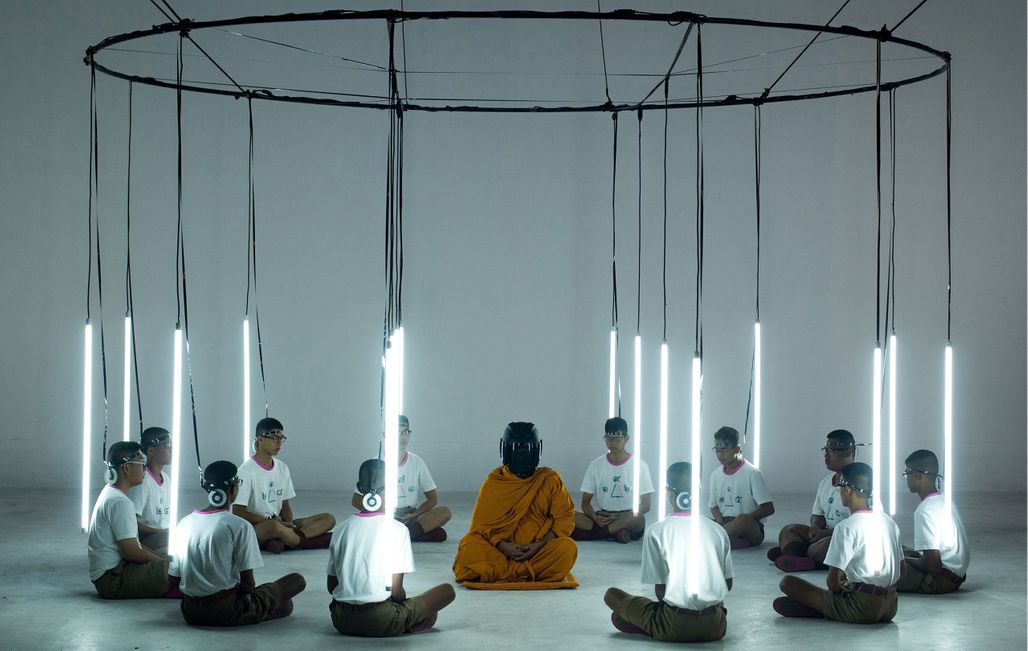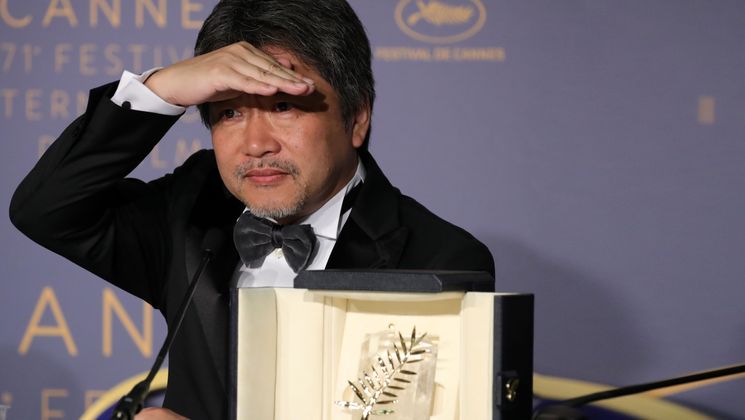
10 Years Thailand. In conversation with Chulayarnnon Siriphol and Wisit Sasanatieng.

What might Thailand be like in 10 years? In a Special Screening, 10 Years Thailand presents the conjectures of four directors from different world views and different generations on the coming decade in their country. Through their fictions, Apichatpong Weerasethakul (Palme d’or in 2010 for Lung Boonmee Raluek Chat (Uncle Boonmee Who Can Recall His Past Lives), Aditya Assarat, Chulayarnnon Siriphol and Wisit Sasanatieng shed light on Thailand as a destabilised country, prey to authoritarianism that threatens individual freedoms.
How did you end up taking part in 10 Years Thailand?
Wisit Sasanatieng: I had been invited by some independent filmmakers to direct a film about the current situation in Thailand. I wanted it to show worldwide audiences what is happening, to make people beyond our borders aware of the situation. The people of Thailand have been caught in a trap for a very long time. Since 2014, the country has been governed by a military dictatorship that has clamped down on dissidence, public expression, and the diversity of thought.
The segment Catopia shows a young man who realises that he is the only human being in a world of chats that behave like humans. So he has to behave like his compatriots…
Wisit Sasanatieng: Catopia is talking about people who live in a society that is affected by serious conflicts. This problem is very likely to persist and we need to find a way to live in spite of everything in society. We need a kind of camouflage to be able to blend in with the others.
In the segment Planetarium, you imagine the history of a government structure that cures people with non-conformist ideas and behaviour using a light-based treatment that makes these eccentric individuals into permanently smiling and docile people. What is the message?
Chulayarnnon Siriphol: In the situation as we know it, we can be apprehensive about such things being perpetrated by the current government, especially in the way that it controls communication between individuals. It aims to centralise everything. I wanted to show audiences what a world in which absolutely everything is controlled would be like.
Why is it important to show this film in Cannes?
Chulayarnnon Siriphol: Even before this film, all my work was devoted to politics, which has always interested me. Showing this film in Cannes is a wonderful opportunity to safeguard it and to allow us to hope that it can be screened in Thailand.


